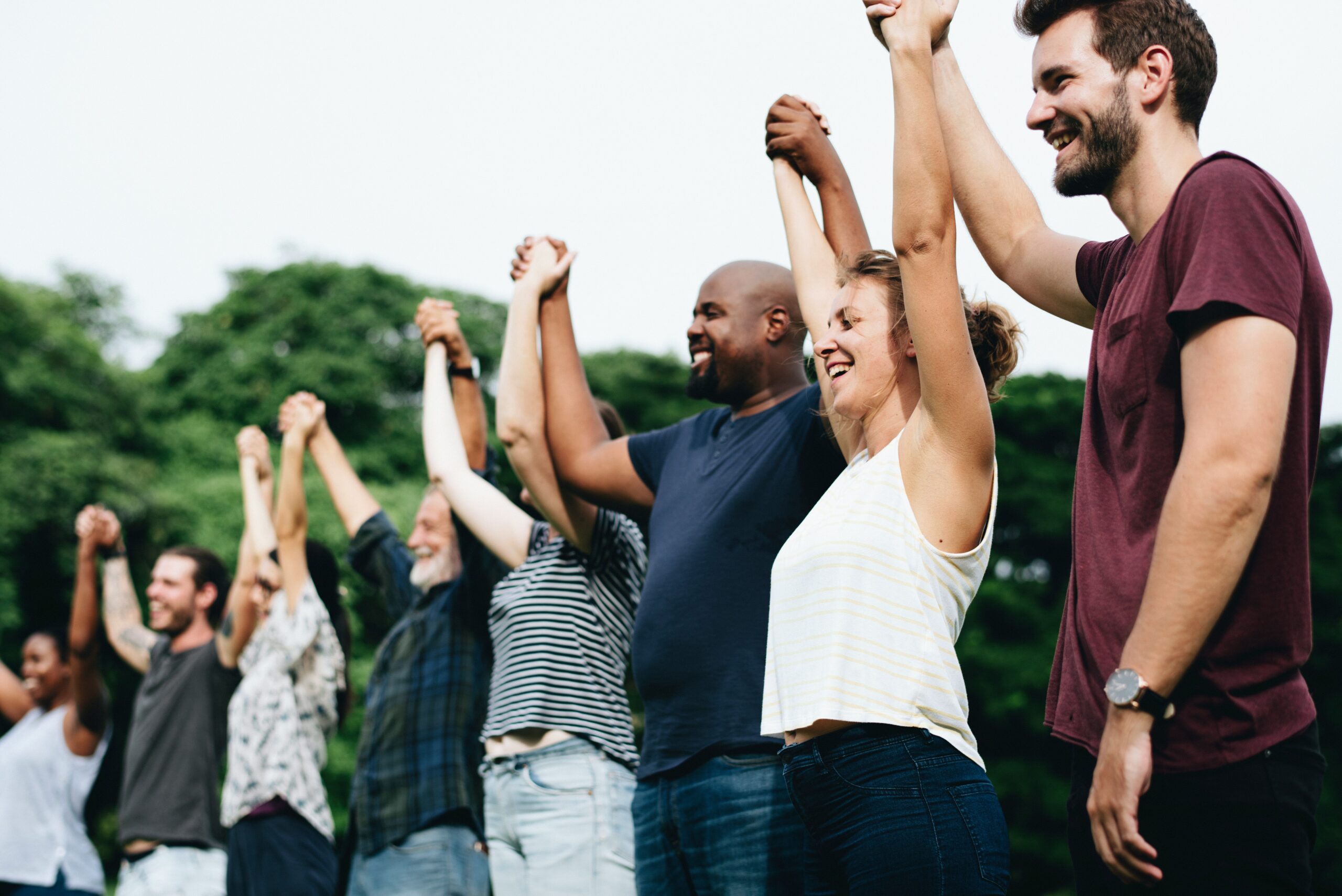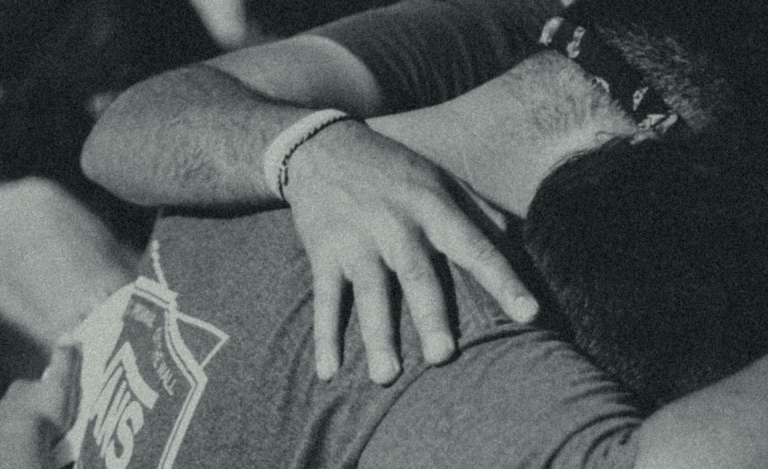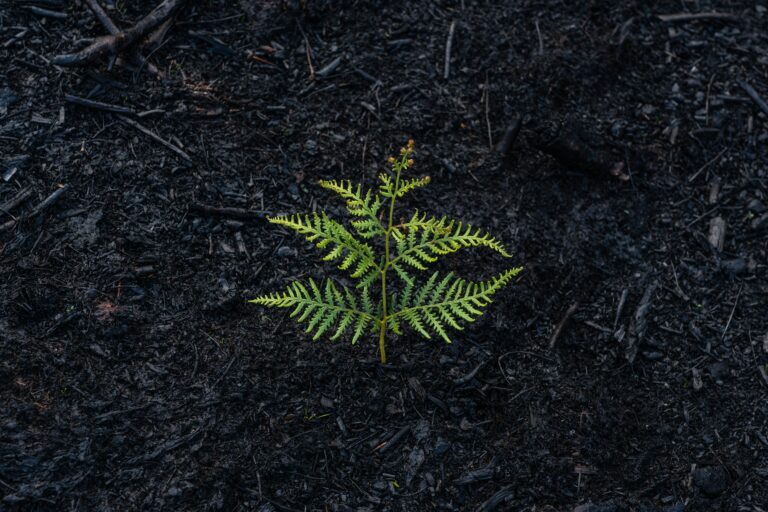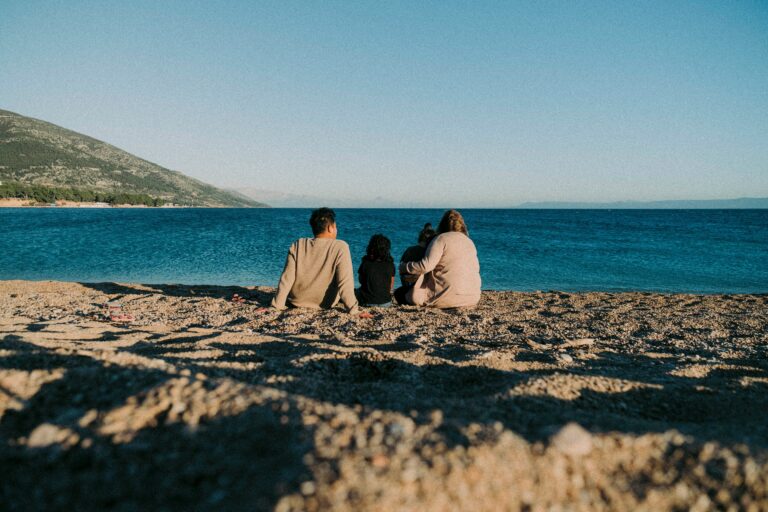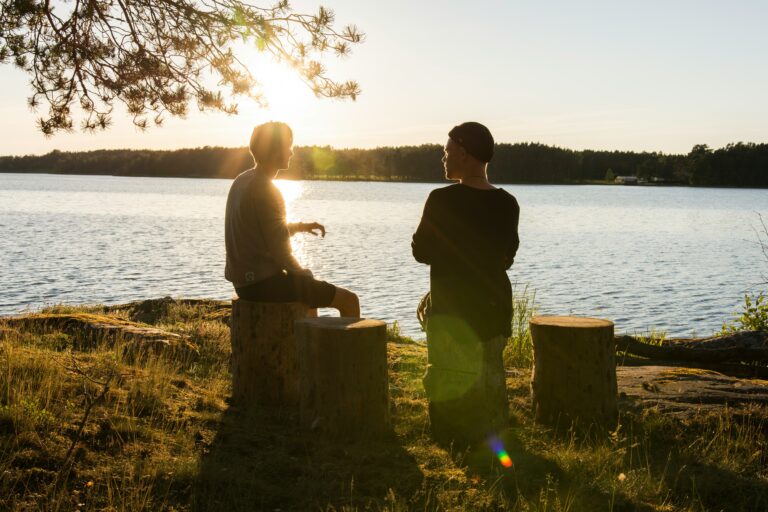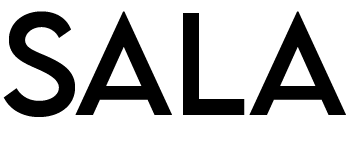I’ve spent a long time working in treatment. I went to school for a long time to get a masters degree and get licensed. Treatment is vitally important. It works.
It’s also not recovery.
Clinical services, medications, therapy — these things matter. A lot. But, treatment without connection to recovery isn’t enough. Recovery doesn’t happen in isolation. It doesn’t happen in residential treatment or in a therapist’s office. It happens in community.
It happens when people are seen, supported, and surrounded — not just by professionals, but by peers, family, friends, and systems that actually function as part of the healing process. That’s the heart of what we mean when we talk about healing ecosystems.
What Healing Ecosystems Actually Mean
Healing ecosystems are more than a theory or a buzzword. They’re a response to the real complexity of recovery. Substance use doesn’t exist in a vacuum. It’s tied to trauma, housing instability, disconnection, stigma, grief — all these layers that don’t get addressed when we think of people in a clinical system, not as a person living a full life.
A healing ecosystem is about bringing those pieces together. It’s the idea that support shouldn’t stop at the clinic or a program. That a ride to an appointment, a safe place to sleep, or a conversation with someone who’s been there — really been there — can be just as critical as any formal intervention.
When we look at what works, it’s not just the program. It’s how the program connects to the person’s life. Their relationships. Their hopes. Their history. Their community. Recovery is a whole-person journey, and that means we need whole-systems thinking to support it.
The Shift Toward Connection and Collaboration
This is where things start to shift. When care teams collaborate instead of working in isolation and “in their lane.” When peer supports are embedded, not bolted on. When housing services talk to treatment providers. When families are brought into the process instead of left outside it. That’s when we start to see momentum. That’s when people stop falling through the cracks.
At YourPath, we use the term “healing ecosystem” a lot — because it captures exactly what we’re trying to build and why. This is bigger than any one organization. This is about changing how we think about recovery altogether. It’s about recognizing that healing is social. It’s relational. It’s systemic. And if we want to move the needle, we have to move together.
The folks we serve live in the real world. That world is complicated, and recovery is, too. But when we build systems that honor that complexity — systems that wrap around people instead of asking people to conform to systems or programs — that’s when we see real healing.
And that healing doesn’t happen from the top down. It grows from the ground up, when communities decide they’re going to show up differently. With empathy. With coordination. With care that actually connects.
If we want to see better outcomes in for our individuals, families and communities seeking recovery, we have to stop asking what one person or provider or program can do — and start asking what it looks like when everyone pulls in the same direction. That’s the promise of a healing ecosystem.
And it’s not a luxury. It’s a necessity.

Want to see how Sala supports recovery communities in action?
We’d love to show you what we’re building. Click here to connect with our team and book a quick demo—no pressure, just a conversation.

